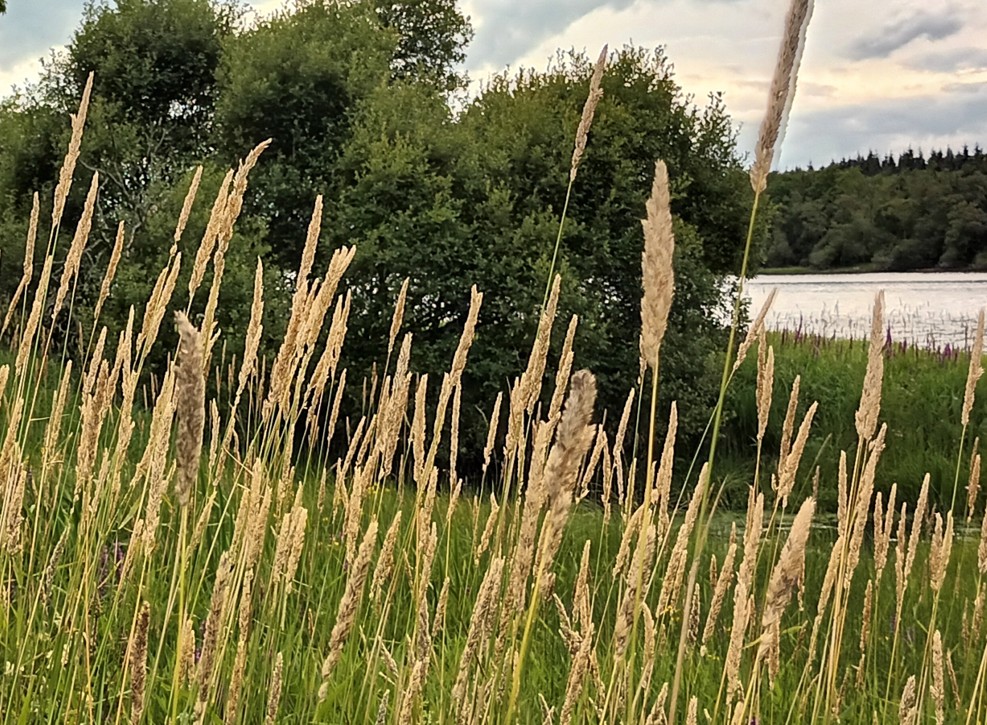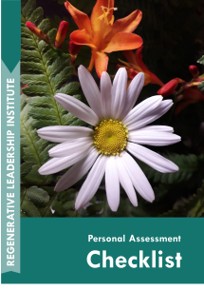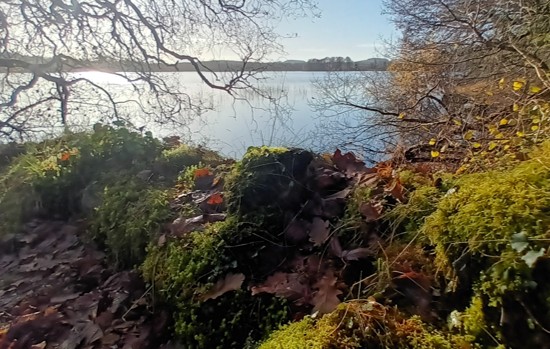The Planet Can't Wait!
We Must Act Now!
Primarily our planet is comprised of geological elements, atmosphere and water all of which dynamically interconnect to support human, animal and plant life. It is believed the essential building blocks of life, such as nitrogen and water, originated beyond earth, arriving here, contained within in space objects such as comets and meteorites.
Natural ecosystems incorporate webs of interdependent relationships among plants, animals and other organisms. Interaction with each other and their physical environment, enables their own survival, sustainability of their species and the balance of their ecosystem.
Maintaining balance across all aspects of ecosystems ensures alignment with their environment facilitating vital energy flows, nutrients, and maintenance of habitats to protect and sustain survival of its diverse life forms. A critical formula that humans now need to replicate if the planet, as we have known it, is to survive.
In the modern era of industrialization, human interventions have extensively damaged the balance of the overall planetary ecosystem leading to impacts such as climate change, global warming, pollution and deforestation. Indeed, deforestation of the rain forests, has affected oxygen production, carbon sequestration, disruption to the functioning of water cycles resulting in changes to rainfall patterns and further climate change.
Furthermore, activities such as overexploitation of resources, overfishing, and intensive farming methods using chemicals have all contributed to the degradation of the health of the planet. Apart from the structural change in the eco-system of the planet, there has been enormous human cost. For example, high levels of stress and anxiety resulting from socio-economic conditions and even loss of life through pollution related illness.
Governments Are Too Slow!
Although planetary degradation has been recognised by governments globally, there are many challenges to be overcome for them to reach a consensus on how humans should cease to exploit the planet both for survival and profit. These challenges include economic, socio/political and overall national interest.
However, time is of the essence! The planet cannot wait for political leaders to take responsibility and create a vision for its recovery that citizens internationally can subscribe to, and work to manifest. Consequently, there is a need for individuals to act on their own account to implement change from the ground up.
It is critical for individuals not to delegate their personal responsibility for planetary recovery to governments or their organizational leaders. TThey must recognise the power of their own agency, for example, through consumer choices, democratic representation, advocacy or collaboration with like-minded others. Additionally, through their personal practices such as, recycling, use of public transport and energy conservation.
Fundamental to understanding the shape of human intervention to heal the planet, is that we must recognise both our agency as individuals and as members of organizations. So, whilst, we may have the greatest power when we act as organizations, change in organizations can only happen through the intervention of individuals. In particular, those empowered to lead, either through their natural leadership talent, or as appointed decision makers within organizational structures. Anyone who has the capacity to lead change at any level.
New Organizational Vision
Indeed, the emergence of Regenerative Leadership as a methodology, facilitates leaders in developing new organizational visions that both align with, and compliment natural ecosystems. Regenerative leadership focuses on aligning people, organizations, communities, society and the environment in a long-term strategic approach to create harmony with the planet for the benefit of all stakeholders.
This not only fosters innovation and creativity but also ensures that the organization is better equipped to address the needs and perspectives of a global and diverse market.
Click on the image below to download our Regenerative Leadership Personal Assessment to discover your readiness for regenerative Leadership practice...
Make it Happen
In conclusion, the evolving demands of the modern world underscore the necessity for lifelong learning among leaders across all organizations. As economic, technological, and environmental changes continue to reshape our landscape, leaders must adapt through continuous education and knowledge acquisition. Peer groups and natural learning methodologies such as the Dr Gerard Prior SENSEI Regenerative Framework® offer vital support for this ongoing learning process. Moreover, innovative approaches and redefined qualifications within the context of lifelong learning are essential for fostering resilient, knowledgeable leaders capable of driving organizational growth and sustainability in an ever-changing global, and global warming environment.









